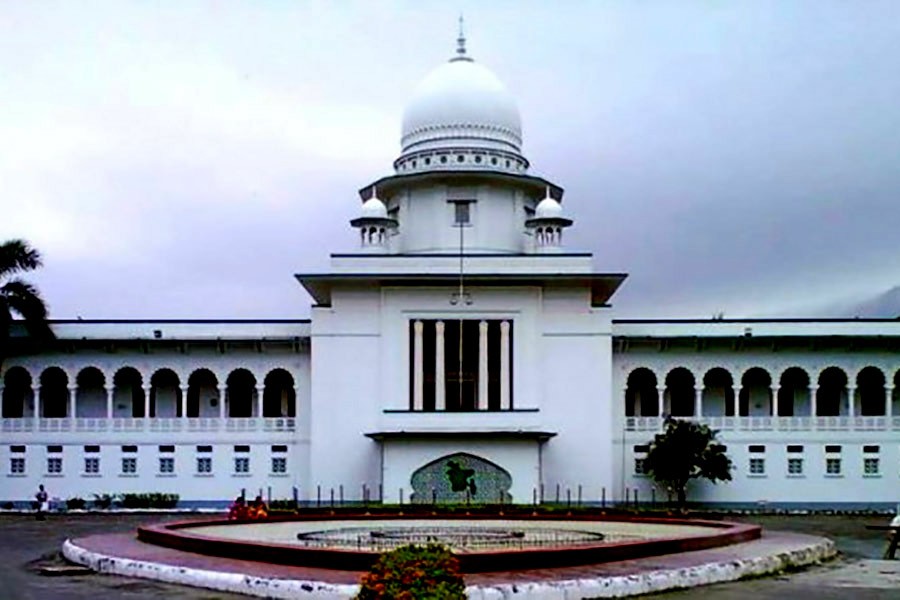Journalists are protected by the law in Bangladesh from disclosing their sources of information, the High Court said in a ruling as it emphasised the media's role in exposing corruption.
According to UNB, the bench of Justice Md Nazrul Islam Talukder and Justice Justice Kazi Md Ejarul Haque Akondo gave the judgment in light of a rule it issued last year over a news report on corruption last year.
Deputy Attorney General AKM Aminuddin Manik brought the report published by the Daily Inqilab in March 2021. The court delivered its verdict on Jun 21 and the detailed judgment was published on Sunday.
Taking into account the circumstances surrounding the article along with the arguments of the two sides and legal authorities, the court ruled that journalists cannot be compelled to reveal their sources.
Citing a previous verdict, the court said the lack of protection for whistleblowers is one of the main contributing factors behind corruption in the country.
“To win the war against corruption, we must identify the factors that promote corruption or fail to prevent it,” the High Court said in an earlier ruling.
In its report, the newspaper reported that Ashraful Alam, director general of the Housing and Building Research Institute, and his wife paid more than Tk 200 million to officials at the Anti-Corruption Commission to get the charges of amassing illegal wealth against them dropped.
The bribe was reportedly paid to a 'strong syndicate' made up of the investigation officer, a deputy director, a director and other high-ups. The case against the couple was subsequently retracted, according to the report.
Aside from Ashraful, the High Court also named the ACC as a respondent to its rule.
As the report led to the court case, the judge wanted to discuss whether the journalist would be punished or not. According to the ACC lawyer, the commission was "offended, defamed and scandalised", the court said.
In light of the ACC's claims that the report was "defamatory" and "baseless", the judge reviewed if the journalist who wrote the article should face any consequences. The court settled the matter with four observations based on the Press Council Act.
In case the ACC feels dissatisfied, insulted or aggrieved by the report, it can file a complaint with the Press Council, the court said.
On the ACC’s appeal seeking punishment for the reporter, the court said it was not an issue of ‘contempt of court'. The court had only issued a rule asking if the corruption highlighted by the reporter was correct or not.
“Since it is not a contempt of court case, the reporter cannot be punished under the purview of the contempt law.”
The court ordered the ACC to assign a new investigation officer and continue the probe against the engineer and his wife. The probe must be completed within six months of receiving a copy of the verdict.
“Journalists play a major role in upholding democracy and the rule of law. It is the duty of the media to create public awareness. Corruption became rampant at all levels of society and the media can play an important role to curb it,” the court said.


